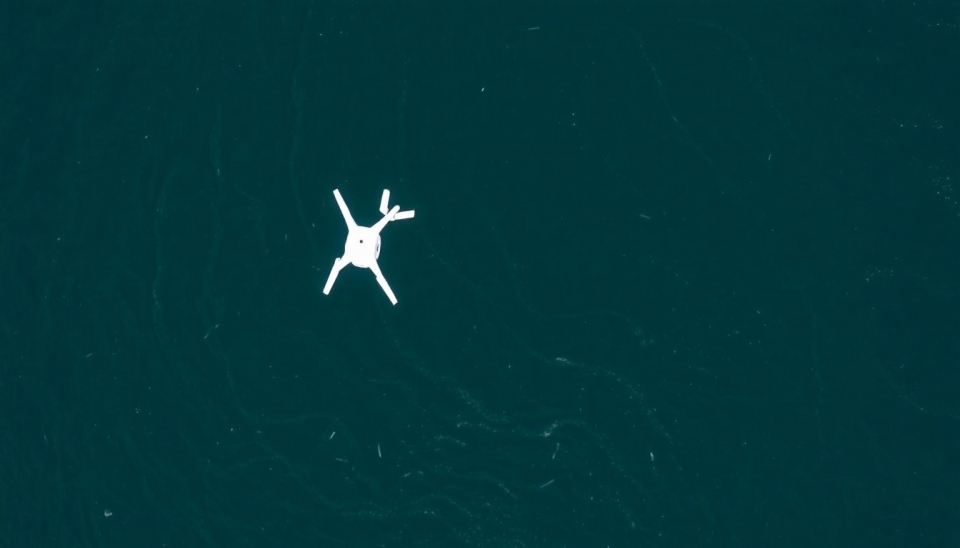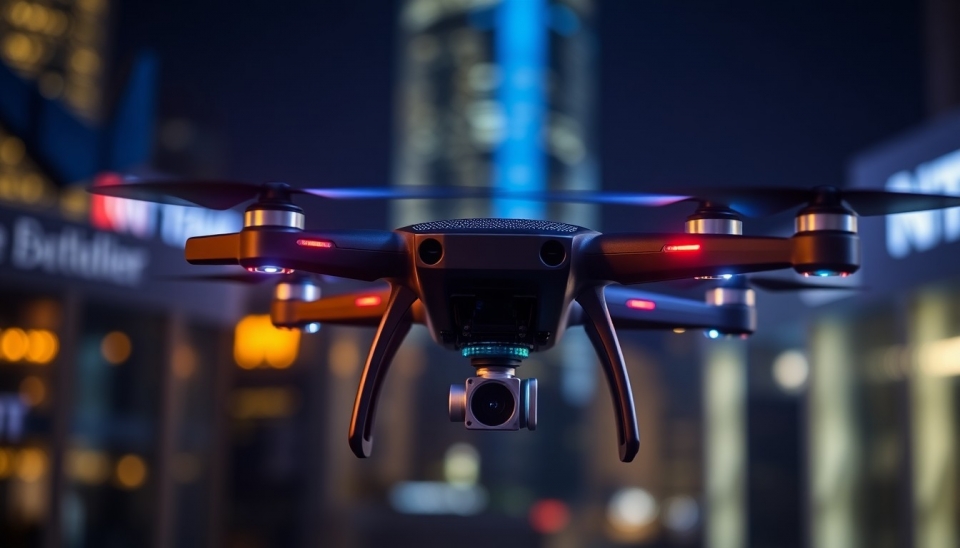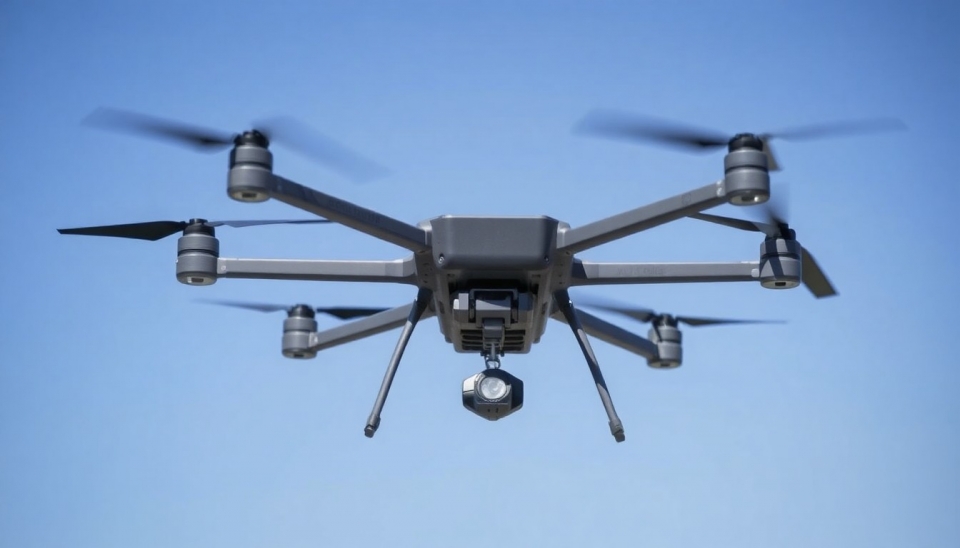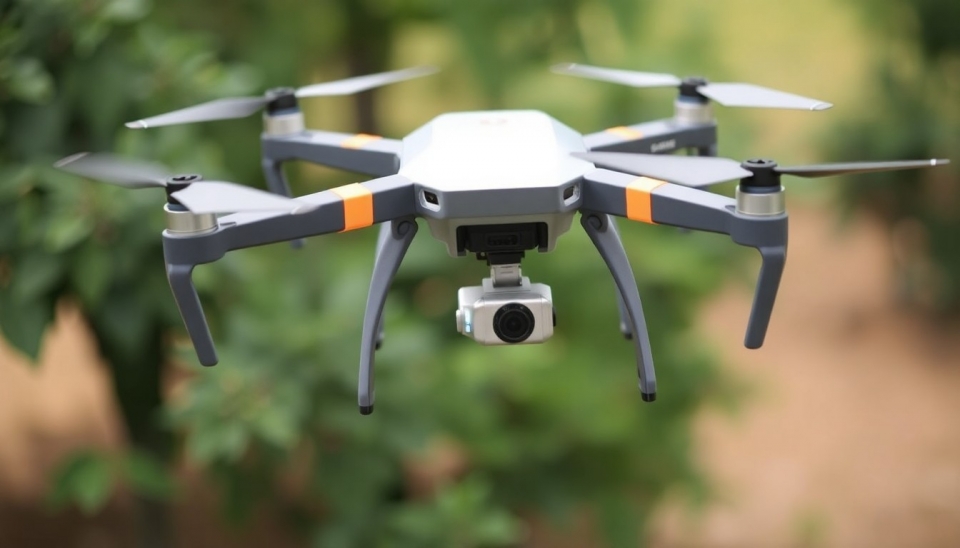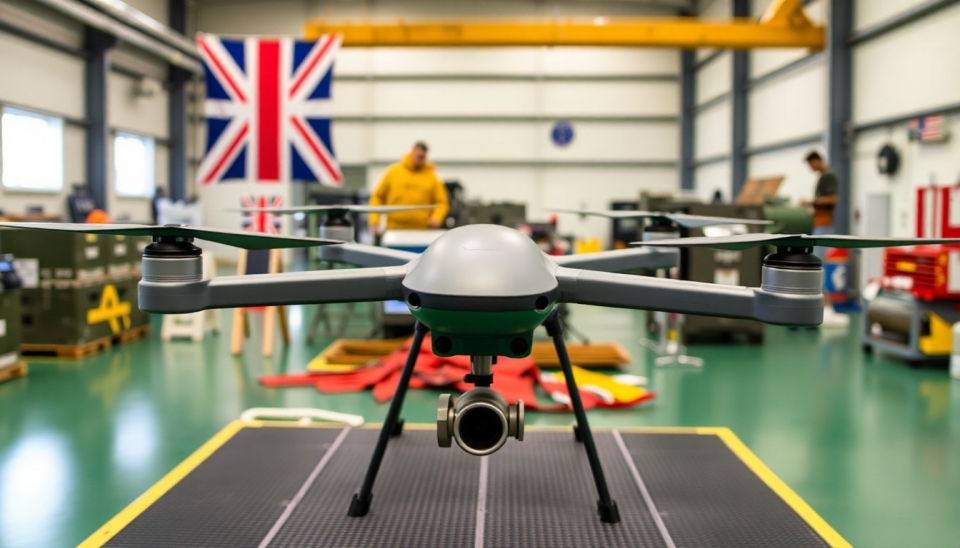
In a major development for aviation regulation, New York has announced the extension of drone flight bans over critical infrastructure sites. The move, aimed at bolstering security and safety, comes amidst growing concerns about drone-related incidents and unauthorized surveillance in urban environments.
The bans will affect various high-risk locations across New York, including governmental buildings, transportation hubs, and energy facilities. This decision reflects a broader trend of increasing regulatory scrutiny surrounding the use of drones, particularly in densely populated areas like the Big Apple, where the risks associated with drone flights can be particularly pronounced.
State authorities have reported an uptick in the misuse of drones, including unauthorized surveillance and potential threats to public safety. Emergency response teams have raised alarms over incidents where drones have hindered rescue operations during critical events. Consequently, officials are keen to ensure that such incidents do not pose a risk to the safety and security of New Yorkers.
The restrictions will provide law enforcement with greater authority to enforce no-fly zones over the designated areas. This includes potential penalties for drone operators who violate the newly established regulations. The state government emphasizes the need for responsible drone usage, urging enthusiasts and commercial operators to familiarize themselves with the new laws to avoid repercussions.
This initiative aligns with similar actions taken by other states and cities across the country, which are increasingly recognizing the necessity of regulating drone activity amid a rise in their commercial use. With drones becoming more accessible, the potential for abuse and accidents rises, prompting officials to rethink their existing policies.
As cities grapple with balancing technological advancements and public safety, the drone flight restrictions in New York represent a significant step in establishing guidelines that prioritize security without stifling innovation. Stakeholders, including drone manufacturers and operators, are encouraged to engage with lawmakers to ensure that regulation reflects both safety concerns and the continued growth of the drone industry.
In conclusion, the extended drone flight bans signify a proactive approach towards safeguarding critical infrastructure while addressing public concerns regarding drone usage in urban settings. As these regulations take effect, it will be crucial for both authorities and drone operators to engage collaboratively to foster an environment that values responsible drone operation while ensuring community safety.
#Drones #NewYork #AviationRegulations #PublicSafety #CriticalInfrastructure #DroneSafety
Author: John Miller
